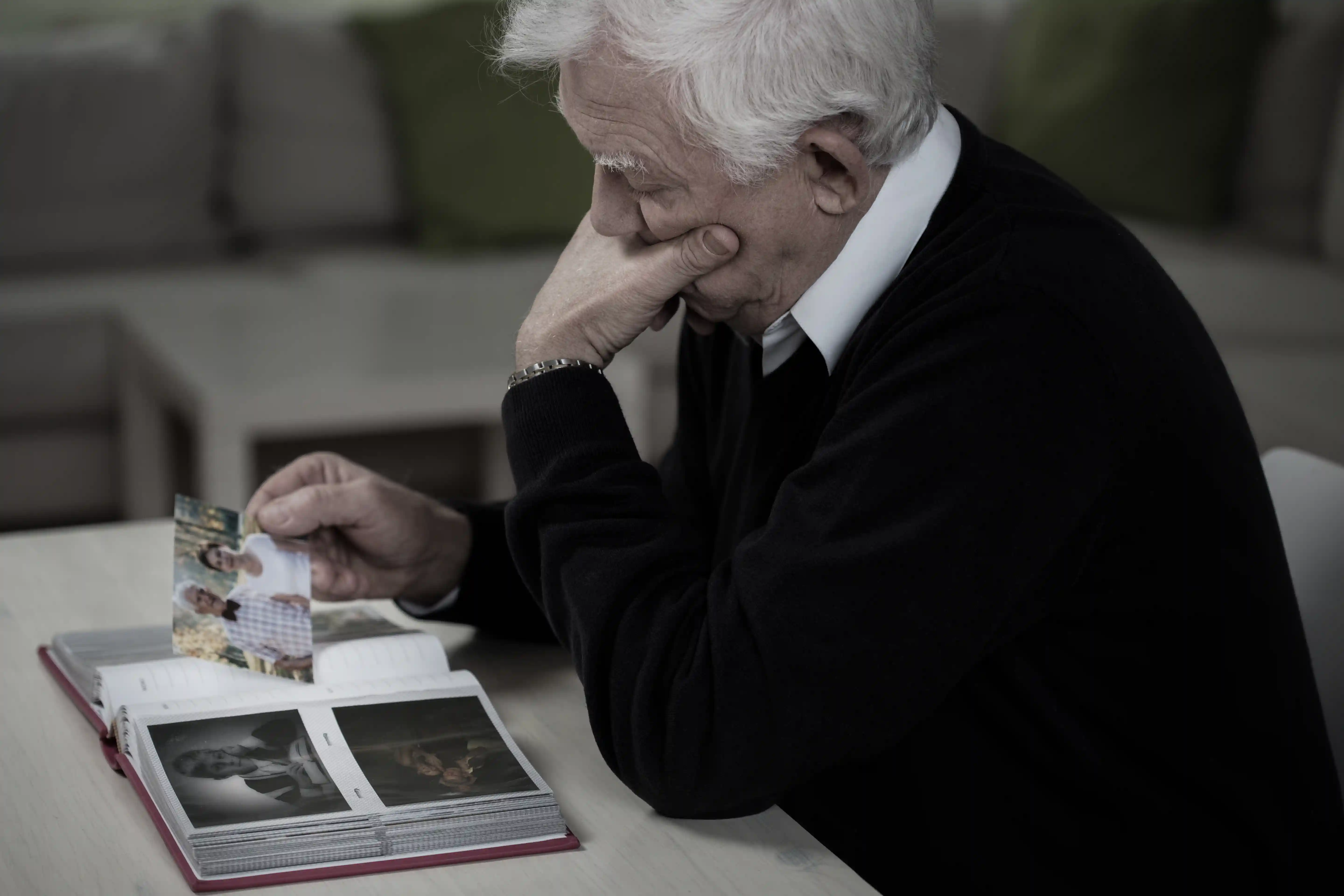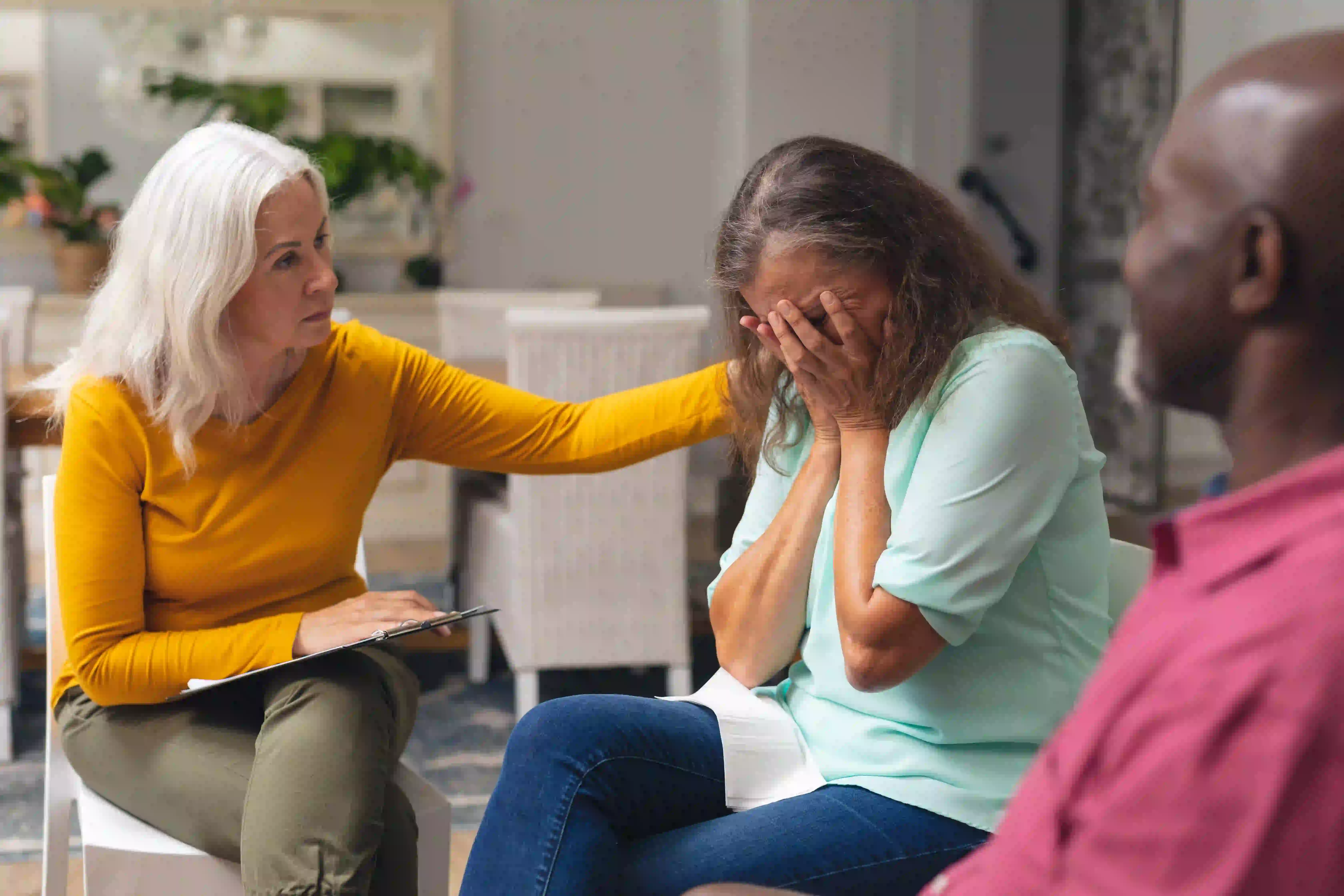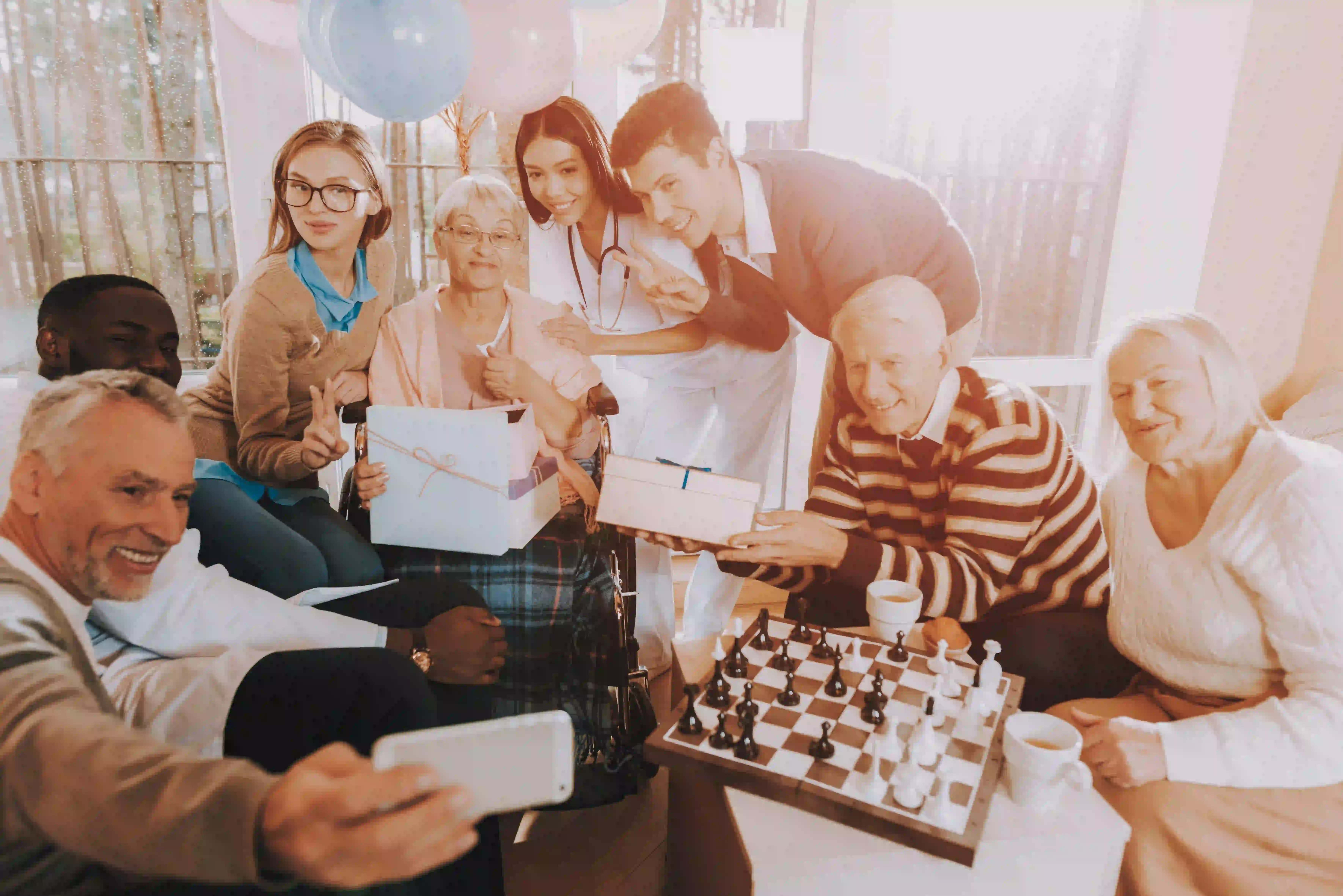Grief Support for Widows: Navigating the Journey from Loss to Healing

Grief is a universal experience, yet its impact is profoundly personal and uniquely challenging for widows. The loss of a spouse brings about a profound sense of grief, accompanied by a multitude of changes and challenges. Recognizing the importance of seeking and providing targeted grief support for widows is crucial in facilitating their journey toward healing and adjustment. This article delves into practical strategies and emphasizes the significance of emotional well-being for widows navigating the tumultuous waters of grief.
Understanding Grief in Widows

Grieving the loss of a spouse is a profoundly personal experience, marked by a series of emotional stages and unique challenges. This section offers a concise exploration of the grief journey for widows, aiming to shed light on their specific experiences and the hurdles they encounter.
The Stages of Grief
- Shock and Disbelief: Initially, widows often face numbness and disbelief, a protective reaction to the loss.
- Anger and Guilt: As reality sets in, feelings of anger and guilt may emerge, focusing on the circumstances of the loss or personal regrets.
- Sadness and Depression: Deep sadness and depression are common, characterized by feelings of emptiness and disinterest in daily activities.
- Acceptance and Rebuilding: Eventually, many widows reach a point of acceptance, beginning the slow process of integrating the loss into their lives and moving forward.
Challenges Faced by Widows
- Social Isolation: The loss of a spouse can lead to feelings of isolation and loneliness, as social circles and connections often change.
- Financial Adjustments: Widows may struggle with financial management, facing a decrease in household income or navigating estate affairs.
- Parenting and Family Dynamics: For those with children, the dual role of grieving and single parenting adds a complex layer of challenges, alongside shifts in family roles and responsibilities.
Understanding these aspects of widowhood is essential for providing sensitive support and for widows themselves to recognize their feelings as valid. It’s a journey that, while deeply personal, does not have to be navigated alone.
Types of Grief Support

The journey through grief is both personal and complex, requiring a mosaic of support systems to navigate its challenging path. For widows, finding the right kind of support can make a significant difference in the healing process. This section explores various grief support options that cater specifically to the needs of widows, ranging from professional counseling to community-based support and digital resources.
Professional Counseling Options
- Individual Therapy Tailored for Widows: Personalized counseling sessions with therapists who specialize in grief can offer widows a safe space to process their emotions and work through their loss on a one-on-one basis.
- Group Therapy Sessions Focusing on Shared Experiences: Group therapy provides a unique environment where widows can share their experiences with others who have faced similar losses. This setting fosters a sense of community and mutual understanding, helping participants feel less isolated in their grief.
Support Groups for Widows
- Local In-Person Support Groups: These groups offer a physical space for widows to meet, share their stories, and support each other. The face-to-face interaction can be incredibly comforting and offers tangible communal support.
- Online Communities and Forums for Widows: Digital platforms provide accessible, around-the-clock support for widows, connecting them with a global community. These online spaces allow for anonymity and flexibility, catering to those who may not be ready for or able to access in-person support groups.
Accessing Self-Help Resources
- Books, Articles, and Literature on Grief: A wealth of written resources is available to help widows understand and navigate their grief. These materials can offer insights, coping strategies, and comfort during difficult times.
- Online Platforms and Resources Offering Guidance: The internet hosts a variety of platforms that offer guidance, educational materials, and interactive tools designed to support individuals in their grief journey.
Grace Fellowship Church Initiatives for Grieving Widows
Through spiritual support and their grief program, Grace Fellowship Church offers a holistic approach to healing.
Testimonials:
“At first the idea of GriefShare did not appeal to me. I was hurting badly and I did not like the idea of sitting and sobbing with others who were grieving. I could not see how that would help anyone, especially me. My experience at GriefShare, once I finally attended, was not what I expected. It was helpful. The people were kind. Everyone had experienced the loss of someone they loved. It was good to be able to share experiences and feelings with others who could relate. I wanted to tell people about my favorite person and best friend Shirley, to whom I was happily married for 54 years. And my new friends listened compassionately. The workbook and the videos we watched as a large group gave valuable insights and suggestions for moving forward. In our small group those who wanted to share did so freely with no pressure, only acceptance and caring kindness. We became friends. We each had experienced something in life that not everyone has yet experienced.”
~ Chuck
Building a Support System
The role of friends and family in providing emotional support is indispensable. Open communication about grief and its impact can foster a supportive environment. Additionally, connecting with other widows through support groups and community events can offer a shared understanding and camaraderie that is profoundly healing.
Practical Tips for Coping with Grief

Grieving the loss of a spouse is an individual journey that requires both tender care and intentional efforts toward healing. This section provides concise, actionable tips for widows navigating through the challenges of grief.
Self-Care Routines
- Exercise: Incorporate daily walks or simple yoga for improved mood and energy.
- Nutrition: Prioritize healthy eating for emotional stability and physical well-being.
- Rest: Ensure sufficient sleep for both mental and physical restoration.
- Mindfulness: Practice meditation, journaling, or prayer for solace and reflection.
Memorials and Tributes
- Garden Planting: Create a living tribute by planting a garden that grows over time.
- Scholarship: Establish a memorial scholarship to honor your spouse's legacy.
- Memory Keepsakes: Compile a photo album or memory box to cherish special moments.
Celebrating Milestones and Joy
- Mark Milestones: Acknowledge personal achievements and remember significant dates.
- Simple Pleasures: Find joy in small moments, like savoring your favorite meals or watching a sunrise.
These practical tips serve as gentle steps towards managing grief, fostering a balance between honoring the past and embracing the journey forward.
Navigating Social Challenges

Widows often encounter societal expectations and stereotypes that can complicate their journey through grief. Handling uncomfortable questions and comments from others requires a delicate balance between setting boundaries and educating those around them about the complexities of their grief.
Setting clear boundaries becomes crucial in social interactions, enabling widows to protect their emotional well-being and navigate social situations with greater ease. Prioritizing self-care in these interactions is paramount, as it empowers widows to engage in supportive relationships while honoring their own needs during this challenging period.
By understanding and managing societal dynamics, widows can carve out spaces of understanding and compassion in their social circles.
Conclusion
The journey for grieving widows is challenging but can be transformed into one of resilience and strength. While the path of grief is intensely personal, the importance of seeking and engaging with various forms of support cannot be overstated. This article underscores the myriad of ways in which widows can find solace, understanding, and assistance as they navigate their path toward healing and rebuilding their lives. Encouraging widows to reach out, connect, and embrace the support available is a vital step in honoring their journey and fostering a future filled with hope and new beginnings.
Making it Personal: Your Next Step

Navigating the complex terrain of grief is a journey that no one should undertake alone. If you or someone you know is facing the challenges of widowhood, seeking tailored mental and emotional support is both accessible and vital.
Explore the range of grief support options available, from individual therapy to group sessions and community forums. For those desiring a faith-centered approach, Grace Fellowship Church offers authentic Christian support for grieving widows.
To embark on this journey of healing and connection:
- Visit our website https://www.whatisgrace.org/care/griefshare for more details.
- Contact Lisa Rodriguez at 281.646.0863 or LRodriguez@WhatIsGrace.org
Take the first step towards rebuilding and find solace in the supportive community waiting to accompany you on this path.
